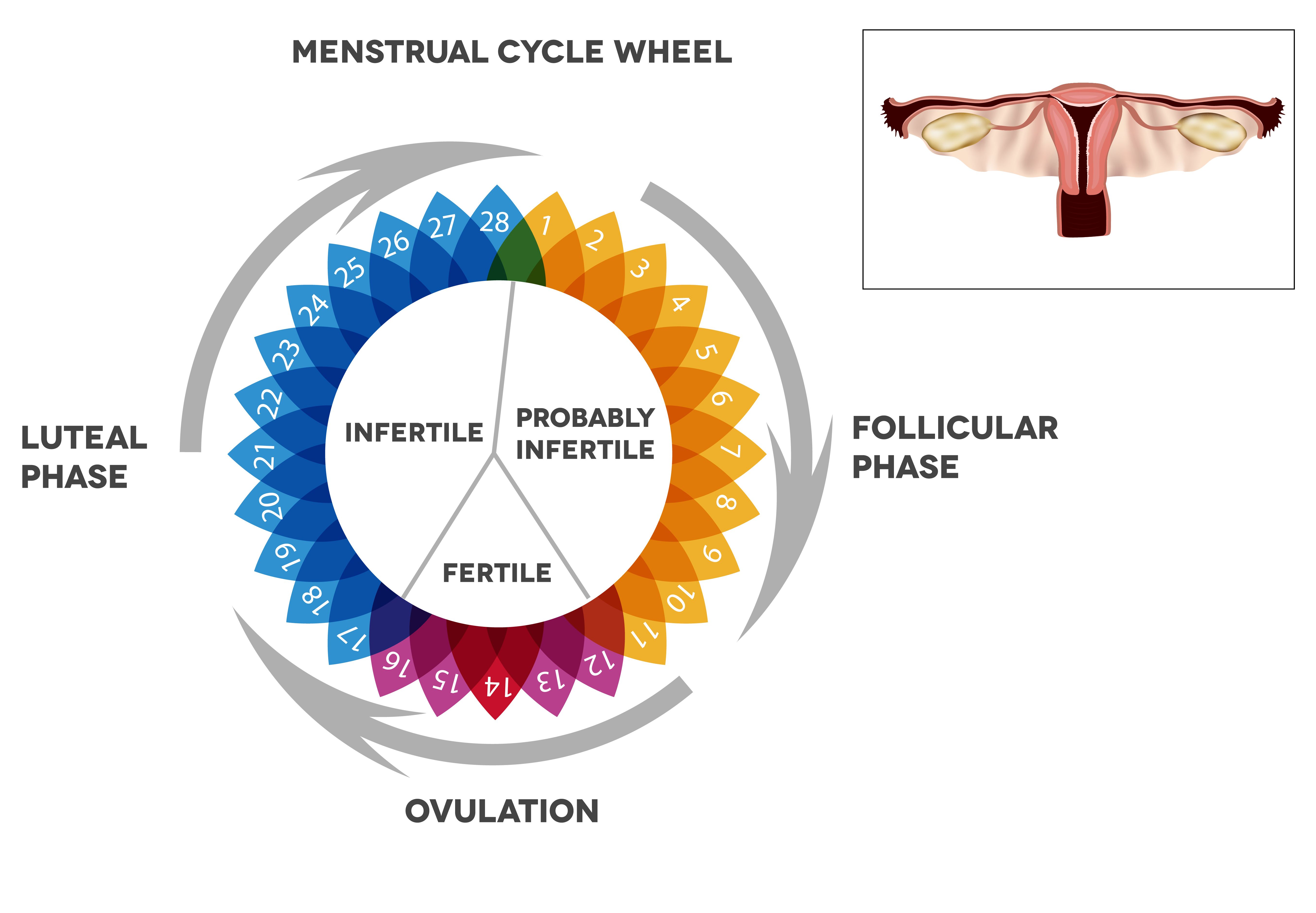Treatment for Luteal Phase Defects
 Dr. Michael Vermesh offers the latest fertility treatment procedures at The Center for Fertility and Gynecology. Countless patients in the greater Los Angeles, CA area have benefited from our state-of-the-art male and female infertility services. This includes the use of fertility drugs to help improve hormone levels and increase chances of pregnancy.
Dr. Michael Vermesh offers the latest fertility treatment procedures at The Center for Fertility and Gynecology. Countless patients in the greater Los Angeles, CA area have benefited from our state-of-the-art male and female infertility services. This includes the use of fertility drugs to help improve hormone levels and increase chances of pregnancy.
Fertility drugs are especially important when it comes to treating issues with a woman’s cycle. With that in mind, let’s consider luteal phase defects (LPD) and what we can do to address these problems.
About Luteal Phase Defects (LPDs)
A luteal phase defect refers to problems with the endometrial layer of tissue in the uterus during a woman’s cycle. This endometrial layer is meant to sustain and nourish a fertilized egg so it can be brought to term, resulting in successful pregnancy.
A defect during this phase of the menstrual cycle could lead to a thin endometrial layer, or an endometrial layer that does not last long enough. This can result in female infertility.
Symptoms of Luteal Phase Defects (LPDs)
The most common signs and symptoms of luteal phase defects include:
- Abnormal cycle phase and length
- More frequent periods
- Spotting between periods
- Difficulty getting pregnant
What Causes Luteal Phase Defects (LPDs)?
Hormone imbalances, particularly low levels of progesterone, are the most common cause of luteal phase defects. In addition, LPDs are associated with the following health issues:
- Anorexia
- Endometriosis
- Excessive exercise
- Hyperprolactinemia
- Obesity
- Polycystic ovary syndrome (PCOS)
- Thyroid problems
It’s important that your doctor or a fertility specialist properly diagnose the cause or causes of your LPD in order to administer the ideal treatment for your needs.
Treating the Root Cause of Luteal Phase Defects (LPDs)
When addressing LPDs, one option for treatment is targeting the root cause of the hormone imbalance. If a patient is severely underweight or obese, for instance, a good nutrition and activity plan may be recommended in order to help that patient achieve a more ideal weight. This can lead to improved hormone levels. Similarly, addressing a thyroid condition can help ensure better levels of progesterone and a better overall cycle.
Targeting the root cause of an LPD can be helpful. However, patients may also want to consider fertility treatments to help them get pregnant, with the other treatment of the root cause used for long-term wellness needs.
Fertility Services for Symptoms of Luteal Phase Defects (LPDs)
When fertility specialists treat an LPD, the most common approach involves the use of fertility drugs. This may include the following options:
- Clomiphene Citrate (Clomid) - Clomid causes the ovaries to stimulate more follicles, leading to the release of viable eggs during ovulation.
- Human Chorionic Gonadotropin (hCG) - hCG can precisely trigger ovulation at the right time, and promote the release of more progesterone in the process. More progesterone can improve the health of the endometrial lining.
- Progesterone Supplements - Available as an injection, pill, or suppository, using additional progesterone can keep the lining of the uterus viable for fertilized eggs.
Learn More About Your Fertility Treatment Options
For more information about treating female infertility and increasing your chances of pregnancy, be sure to contact an experienced fertility specialist. The Center for Fertility and Gynecology can be reached by phone at (818) 617-2084.







